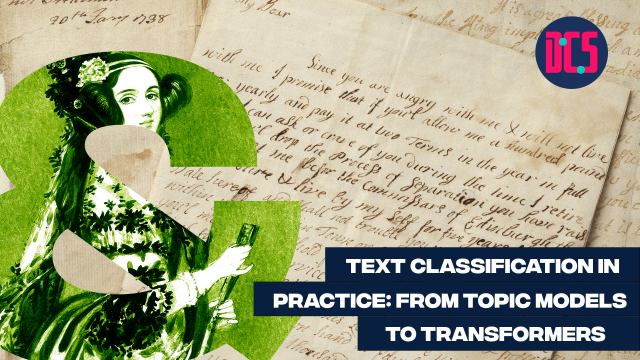Bring Your Own Data (BYOD) Fest

In Person
This hands-on workshop focuses on practical strategies for wrangling and cleaning messy datasets. After a brief introduction to best practices, participants will work directly with their own data—or sample datasets provided—while being guided by data coaches. Coaches will help attendees design effective cleaning pipelines using either R or Python, ensuring that their datasets are ready for meaningful analysis.
This course will be taught by the CDCS Training Fellows
After taking part in this event, you may decide that you need some further help in applying what you have learnt to your research. If so, you can book a Data Surgery meeting with one of our training fellows.
More details about Data Surgeries.
Those who have registered to take part will receive an email with full details on how to get ready for this course.
If you’re new to this training event format, or to CDCS training events in general, read more on what to expect from CDCS training. Here you will also find details of our cancellation and no-show policy, which applies to this event.
Level
This is a beginner-friendly course. No previous knowledge on the topic is required/expected, and the trainer will cover the basics of the method, but some familiarity with either R or Python will make the process smoother.
Learning Outcomes
- Understand and apply best practices for data wrangling and cleaning, including dealing with missing values, inconsistent formats, and structural errors
- Develop the ability to plan and implement a reproducible data cleaning pipeline tailored to specific datasets and research needs
Gain confidence working iteratively with messy, real-world data, with guidance on how to troubleshoot and refine cleaning steps
Skills
By attending this course, you will familiarise yourself with the following skills
- Practical data cleaning techniques: handling nulls, duplicates, inconsistent encodings, and formatting problems.
- Workflow development: creating structured and repeatable pipelines in R (tidyverse/dplyr) or Python (pandas).
Problem-solving in data contexts: diagnosing messy datasets, choosing appropriate cleaning strategies, and preparing data for analysis.
Explore More Training
- Collecting Data from the Web: Foundation of Webscraping
- From Images to Text: Working with OCR
- A Pipeline for Data Wrangling and Manipulation with R
- Getting Started with Descriptive Statistics
- Getting Started with Inferential Statistics
Return to the Training Homepage to see other available events
Room 4.35, Edinburgh Futures Institute
This room is on Level 4, in the North East side of the building.
When you enter via the level 2 East entrance on Middle Meadow Walk, the room will be on the 4th floor straight ahead.
When you enter via the level 2 North entrance on Lauriston Place underneath the clock tower, the room will be on the 4th floor to your left.
When you enter via the level 0 South entrance on Porters Walk (opposite Tribe Yoga), the room will be on the 4th floor to your right.












